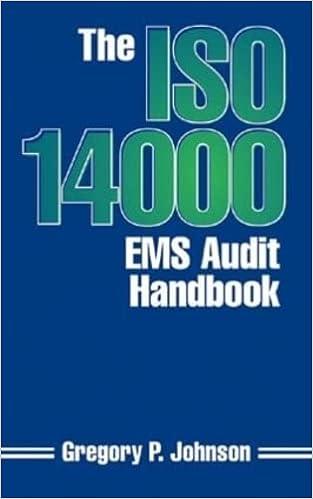Which of the following is a true statement regarding the statute of limitations on a federal income tax return? a. If the taxpayer fails to
Which of the following is a true statement regarding the statute of limitations on a federal income tax return? a. If the taxpayer fails to file a return, the statute of limitations is 3 years from the date the return should have been filed. b. If the taxpayer files a fraudulent return, statute of limitations increases from 3 to 6 years. c. If the taxpayer fails to file a return, the statute of limitations increases from 3 years to 6 years from the date the return should have been filed. d. If the taxpayer omits gross income in excess of 25% of the gross income reported on the tax return, the statute of limitations increases from 3 years to 6 years. e. If the taxpayer omits gross income in excess of 75% of the gross income reported on the tax return, the statute of limitations increases from 3 years to 6 years.
Step by Step Solution
There are 3 Steps involved in it
Step: 1

See step-by-step solutions with expert insights and AI powered tools for academic success
Step: 2

Step: 3

Ace Your Homework with AI
Get the answers you need in no time with our AI-driven, step-by-step assistance
Get Started


